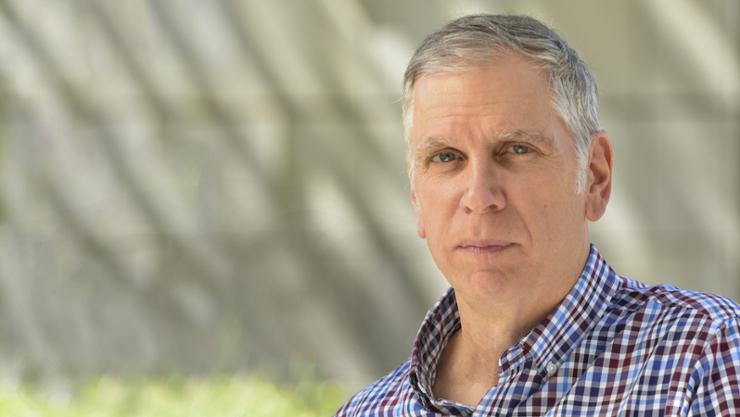Vlog with Prof. John Donohue (Stanford) on US Gun Laws and Their Impact on Violent Crime
In new episode of the CLE's vlog & podcast series, Prof. John J. Donohue from Stanford Law School discusses the study "Right-to-Carry Laws and Violent Crime: A Comprehensive Assessment Using Panel Data and a State-Level Synthetic Control Analysis" with Prof. Alexander Stremitzer (ETH Zurich).
external page John J. Donohue III, the C. Wendell and Edith M. Carlsmith Professor of Law at Stanford Law School, has been one of the leading empirical researchers in the legal field over the past decades. Due to his background in both law and economics, he is well known for applying empirical analysis to determine the impact of law and public policy in a wide range of areas, including civil rights and antidiscrimination law, employment discrimination, crime and criminal justice.
In their study external page Right-to-Carry Laws and Violent Crime: A Comprehensive Assessment Using Panel Data and a State-Level Synthetic Control Analysis Prof. Donohue and his co-authors external page Abhay Aneja (Berkeley) and external page Kyle D. Weber (Columbia) use indepth state panel data and new statistical techniques to estimate the impact on violent crime when states adopt right-to-carry (RTC) concealed handgun laws. They find that RTC laws increase overall violent crime and that RTC laws are associated with 13–15 percent higher aggregate violent crime rates 10 years after adoption. Using a consensus estimate of the elasticity of crime with respect to incarceration of 0.15, the average RTC state would need to roughly double its prison population to offset the increase in violent crime caused by RTC adoption.

In the new episode of the Center for Law & Economics' vlog & podcast series, Prof. Donohue discusses the findings of the study with Prof. Alexander Stremitzer (ETH Zurich).
- Watch the video on YouTube external page here
- Listen to the podcast version external page here